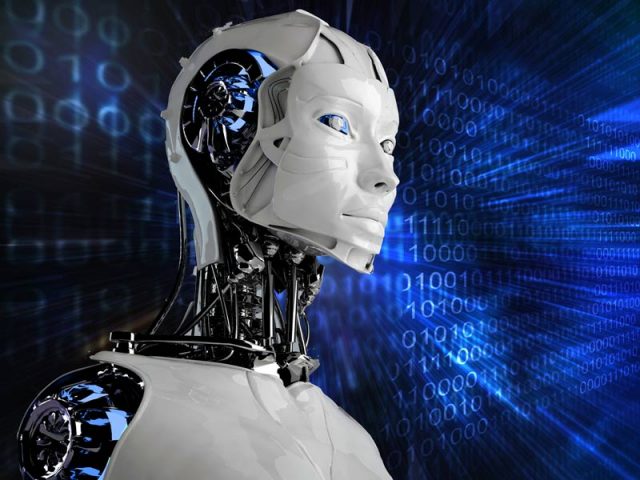MI weekly selection #112
MI weekly selection #112

Renowned researchers pen letter to outline benefits, pitfalls of AI
Renowned scientists and technology leaders including Stephen Hawking and Elon Musk have issued a warning about the dangers of artificial intelligence. The group signed a letter that touts the many benefits of AI, and outlines the many risks. “Because of the great potential of AI, it is important to research how to reap its benefits while avoiding potential pitfalls. Our AI systems must do what we want them to do,” they said in the letter, published online by the Future of Life Institute.
Planets started forming before meteorites existed in early universe
Meteorites did not play a major role in the formation of the early Solar System, as previously thought, but instead were a byproduct of the event, according to a study published in Nature. Scientists ran computer simulations on the early formation of the Solar System that showed that planets were already forming by the time meteorites began banging around creating chondrules, droplets of molten rock thought to be key in planet formation.
Ancient tool suggests Neanderthals were more advanced than once thought
An ancient bone tool found in France had many uses and dates back to the Neanderthal era, suggesting this ancestor of humans was more intelligent that previously thought.
Magnetic pull helps sea turtles return to their birth beaches
Unique magnetic signatures help female sea turtles return to the beaches where they hatched to lay eggs. Researchers say magnetic particles found in sea turtles’ brains help them locate the unique magnetic signature of the beaches where they were born, helping them return there to nest after traveling the world’s oceans.
Pain feels greater if shared with a like-suffering friend
Pain is more painful if experienced with an equally suffering friend, though not so much with a stranger. Researchers studied mice and humans to see if emotions are contagious, and found that acquaintances experiencing pain at the same time each said they felt it more, but not if the study partner was a stranger.